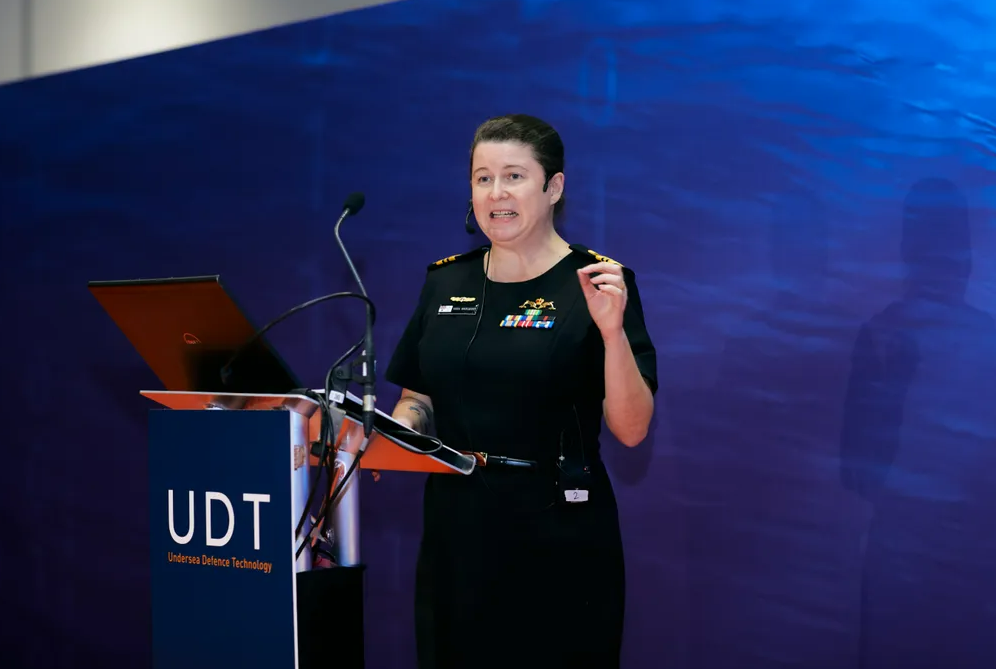In the era of ever-evolving technologies, rapid advancements in automated data analysis and artificial intelligence (AI), quantum technologies and autonomy are reshaping the undersea defence and security landscape. The dynamic undersea environment demands collective co-operative action to drive innovation and secure a competitive advantage. UDT 2025 theme "Innovate, Collaborate, Deliver" embraces the critical need for joint effort in translating these exciting possibilities into tangible solutions.
UDT 2025, in Oslo Norway, will foster a global exchange of knowledge through collaborative discussions, technical presentations, exploration of international case studies, and the sharing of best joint practices from across industry, academia, research and governments. The conference will equip attendees with the knowledge and connections necessary to transform undersea defence advancements into solutions that ensure operational effectiveness and a secure future.
Please note: Submission entries closed on Thursday 26 September 2024

